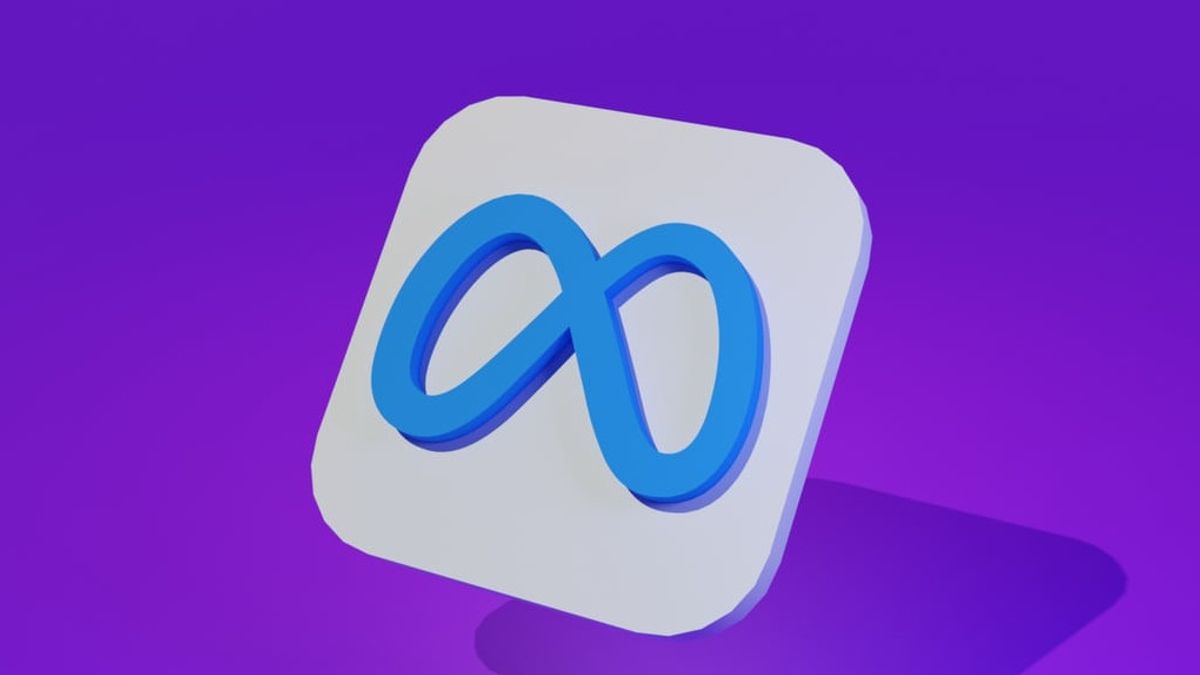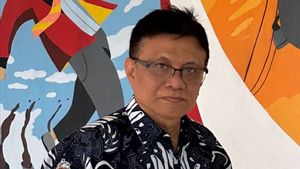JAKARTA - Meta Platform Inc., has reportedly disbanded the team previously tasked with working on the Operating System (OS) for AR and VR headsets, dubbed XROS.
The team of 300, some of them engineers, was transferred to the team working on AR glasses and the Oculus Quest headset.
Previously, Meta denied that the company had canceled the XROS project. Reality Labs' vice president, Gabriel Aul, tweeted at the time that the company was growing this team, not shrinking it, and included a link to the Meta career page.
Aul also said that the company is still working on a very custom OS for their devices. Meta hopes to accelerate the development of customized solutions for each product line by embedding more OS engineers directly into its AR and VR teams.
But in fact, in a recent report, Meta's current approach shows that companies are prioritizing each team's OS customization for its own project, rather than a team focused solely on the new software platform.
Several engineers from the XROS team were assigned to the team working on AR glasses, Quest VR headsets, and other XR technologies that involve hand and eye tracking via computer vision. Unfortunately, it's unclear where each employee of the XROS team will end up.
Launching The Verge, Saturday, February 26, this particular restructuring comes as Meta seeks to completely change its image. It's like a recent name change to signify its focus on the metaverse and plans for a virtual world that heavily involves VR and AR products.
Currently, headsets like the Oculus Quest 2 use an Android-based operating system. But it's unclear what kind of future headset will be used in the upcoming Project Cambria, given what happened to the XROS team. There's no way we'll see a new OS launch with Meta's next generation of VR headsets.
"We're always evolving our team structure to help us bring great products to market quickly. By embedding more OS engineers directly into our AR and VR teams, we can accelerate the development of customized solutions for each product line," Meta Spokesperson Sheeva Slovak.
"As we've said before, there are several technical directions we took to build this and we remain committed to building a highly specialized system. We are constantly investing and optimizing to move quickly so we can achieve the aggressive goals we have set." .
The English, Chinese, Japanese, Arabic, and French versions are automatically generated by the AI. So there may still be inaccuracies in translating, please always see Indonesian as our main language. (system supported by DigitalSiber.id)













